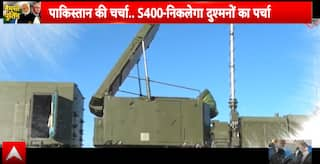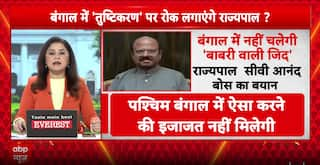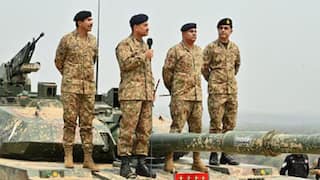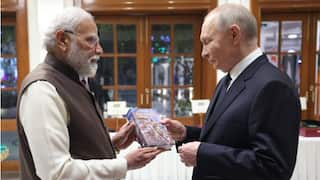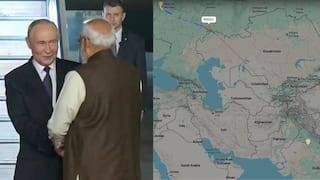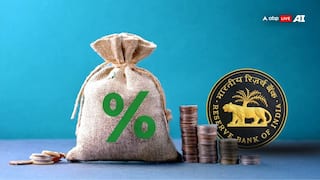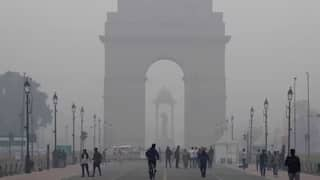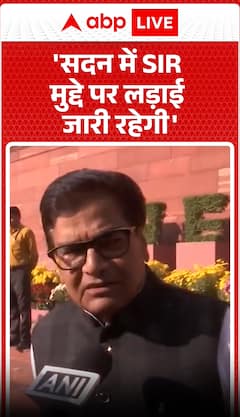Global Food Security To Climate Change: India Can Be A Role Model As G20 President
'There is a tremendous curiosity across the globe about India, which is now being analysed in a new context' — PM Narendra Modi has said in reference to India's G20 presidency.

India assumes the presidency of G20 nations for one year beginning December 1, 2022. This is a unique moment in India’s 75-year diplomatic journey since Independence. Geo-politically, two major fault lines have deepened in the recent past. The conflict in Ukraine has brought G7 nations on a collision course with Russia, while China and the United States slug it out to influence the Asia-Pacific. India’s position on both the issues have been ‘distinctive’, formulated on the basis of its own needs and requirements. Diplomatic watchers have termed this a quintessential ‘swing-state’ positioning. This conspicuous neutrality in the face of diplomatic pulls and pressures strengthens India’s position as the disinterested leader of premier fora like G20.
Comprising 19 countries and the European Union, the G20 group of nations represents 90 percent of the global GDP, 80 percent output and two-thirds population!
Prime Minister Narendra Modi, while inaugurating the logo, theme and website of India’s G20 presidency, said this in as many words that “there is a tremendous curiosity across the globe about India, which is now being analysed in a new context”.
Later this month, Modi will be travelling to Bali in Indonesia to participate in this year’s edition of the G20 Summit.
Global Food Security Critical, India Can Be Role Model
India’s priorities for forum presidency have been highlighted by Finance Minister Nirmala Sitaraman. These include discussions on issues like global policies, taxation and debt distress.
There has been a long-standing difference in opinion between the developed and developing nations over the Special Drawing Rights of the International Monetary Fund (IMF). Moreover, the richer nations currently receive almost two-thirds of the allocations made by the funds while low-income economies have had to settle for just 1 percent.
An alternative in the form of multilateral development banks aimed to meet infrastructure, environmental, social and economic challenges have been mooted and discussed at the level of G20 nations. But its contours remain blurred and need to be settled at the earliest.
The last point assumes great importance for the global-south, which has of late had to grapple with the after-shocks of a global pandemic and the following disruptions in global food supply chain.
Coupled with the protracted military conflict in Ukraine, it has triggered a 6 percent-plus inflation with a sudden rise in food prices, chemicals and fertilisers.
Global food security, as such, would remain a critical point of contention as India officially helms the G20 for the first time since its inception in 1999.
India has since Independence shown remarkable innovation, resilience and tenacity to meet food demands of its fast-growing population. Policy initiatives and legislative measures like the Food Security Act and mid-day meal schemes in government schools have kept it abreast of sustainable development goals.
As the leader of G20, India can be the role model as global food security emerges as a priority agenda.
Climate Change And The Way Ahead
The other issue that will keep the world leaders busy for the foreseeable future is climate change.
In the face of extreme weather conditions experienced the world over in 2022, there is a renewed push to mitigate the impact of global warming.
Developments at the United Nations COP27 at Sharm-el-Sheikh have been encouraging in this regard.
For the first time, tangible progress has been made to address the global south’s long standing demand for reparation expenses from the early polluters in the global north. The damages would be in the form of both monetary compensation and technology transfer for greener fuels.
But the mechanism to oversee and implement policy agreements on climate change are yet to be finalised. The financial architecture for reparation purposes will be on top of the agenda on all international fora in the coming 12 months, including the G20.
As the leader of the forum, this moment offers a unique opportunity for India to demonstrate the way forward to countries on either side of the economic and political divide.
The author is an independent journalist who writes on politics and policy.
[Disclaimer: The opinions, beliefs, and views expressed by the various authors and forum participants on this website are personal.]











